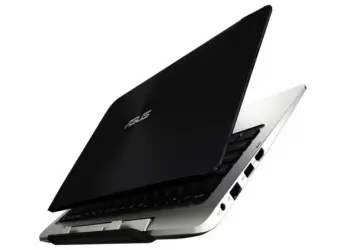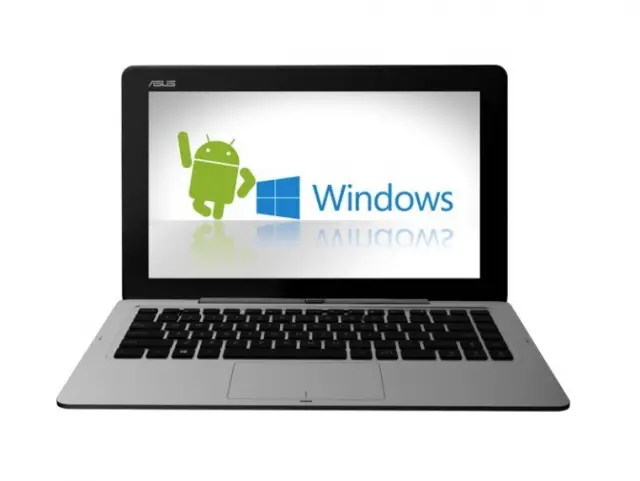
Google, Microsoft bullying Asus into scrapping dual-boot devices

Asus’ vision of a dual-boot Windows/Android tablet-laptop hybrid may never come to fruition. That is if Google and Microsoft have anything to say about it. According to a new report in the Wall Street Journal, the two companies are pressuring Asus to drop plans to release the Transformer Book Duet TD300, which was unveiled earlier this year at CES 2014.
While neither player has commented on the matter, both have their own ways of making sure Asus complies with their wishes, which also include dropping Transformer AiO dual-boot machines from their lineup. Microsoft can easily withdraw marketing funds essential to propping up the device in the eyes of consumers. While the open source nature of Android makes it more difficult for Google to demand Asus removes it from the hybrid device, the company can withhold access to the Google Play Store and the operating system’s suite of Google-connected services.
The same has been heard before in the lead up to CES. Intel sees dual-boot Android/Windows devices as an avenue toward restoring flagging PC sales, and the January trade show was planned as a major stepping stone in getting such devices into the hands of the public. It was clear at the time that Microsoft and Google were not as interested in such an arrangement, with both resorting to similar tactics as those mentioned above. Microsoft even insisted that companies planning to show off dual-boot devices opt to convert their hardware to Windows-only.
Interestingly, Microsoft has at times shown a difference of opinion when it comes to smartphones. The company, according to reports, was actively lobbying Android manufacturers like HTC to include the Windows Phone operating system on their Android devices. A rumored Windows Phone/Android device from Huawei appears likely to launch this year. Could it meet the same fate as the Transformer Book Duet?
Perhaps the bigger question: do we even need dual-boot devices? While some benefits can be minced out, it’s hard to make a solid argument in their favor.
[via WSJ]
